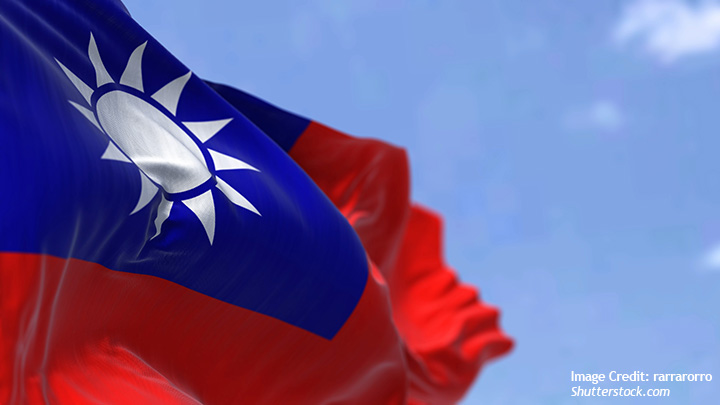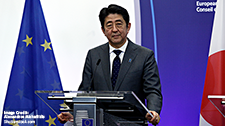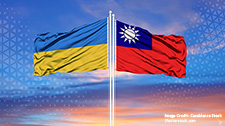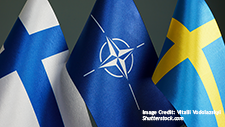Can India Leverage Taiwan’s Lai Moment?

Jagannath Panda
In late January, at a reception commemorating India’s Republic Day anniversary – marking the day India officially adopted its constitution 75 years ago and became a sovereign republic – India’s representative to Taiwan, Manharsinh Laxmanbhai Yadav, congratulated Taiwan’s president-elect, Lai Ching-te of the Democratic Progressive Party (DPP). In praising Taiwan’s successful “democracy in action” at a significant official event, India has also laid bare its intent: the gradual movement toward embracing Taiwan as a separate democratic entity, without necessarily developing official diplomatic relations.
Between Indian Prime Minister Narendra Modi sending representatives to virtually attend President Tsai Ing-wen’s oath-taking ceremony in 2020 to the Indian envoy’s clear acknowledgment of the “smooth and peaceful transfer of power” in 2024, we can see the significant change in India’s recent approach to Taiwan.
Obviously, Lai’s victory implies a continuity in Taiwan’s foreign policy objectives pursued under the Tsai administration. Despite Lai being seen as an advocate for Taiwan’s sovereignty, and called by China a “secessionist” and “trouble maker,” it is unlikely that Lai, who is currently Tsai’s vice president, will pursue an overtly antagonistic path vis-à-vis China. Although he has reiterated that Taiwan’s independence does not need to be declared as it is already a reality, Lai has also been pragmatic by staying away from war-making rhetoric and emphasizing the need to maintain the cross-strait status quo.
Nonetheless, China will hardly be appeased or change its aggressive course on Taiwan owing to such nuances in speech. In particular, Taiwan’s ties with democratic Indo-Pacific states like India will continue to be on Beijing’s radar, with implications for both Taiwan domestically and cross-strait politics.
Any such developments are bound to affect India’s foreign policy trajectory in times to come. So, what does the DPP victory result mean for India going forward, given that India envisions itself as an Indo-Pacific power in the reckoning? Can India afford to be lackadaisical about its strategic engagement with Taiwan especially in the emerging Indo-Pacific construct?
Read this full article by Jagannath Panda written for The Diplomat on February 2, 2024.
Related Publications
-
Strong Europe-Japan Relations are a Legacy of Shinzo Abe
Abe was a firm proponent of strengthening a free, open and rules-based Indo-Pacific. Not only was he steering Japan away from total dependence on the U.S. for its security, but […]
-
Convergence in Vietnam, EU Interests a Harbinger of Indo-Pacific Order?
In March and April, Vietnamese Foreign Minister Bui Thanh Son’s nearly back-to-back visits to the U.S. and China highlighted Vietnam’s increasing penchant for delicate diplomacy with major powers amid the […]
-
Positive Paranoia: Chinese Interpretations of Indo-Pacific Geopolitics
This Focus Asia paper seeks to interpret Chinese narratives on Indo-Pacific geopolitics by reviewing Chinese state media and scholarly opinions on Indo-Pacific geopolitics. For this purpose, the paper also examines […]
-
Not Drawing a Parallel. Ukraine and Taiwan: An Indian Perspective
Russia’s war against Ukraine has not only had economic, diplomatic, and geopolitical repercussions, but also exaggerated the fear of accelerated conflicts in the Indo-Pacific, a region with several unresolved conflicts […]
-
Sweden Joins NATO: Implications for the Indo-Pacific
On March 7, almost two years after it first submitted its application and a year after Finland joined the North Atlantic Treaty Organization (NATO), Sweden officially became part of NATO’s […]




